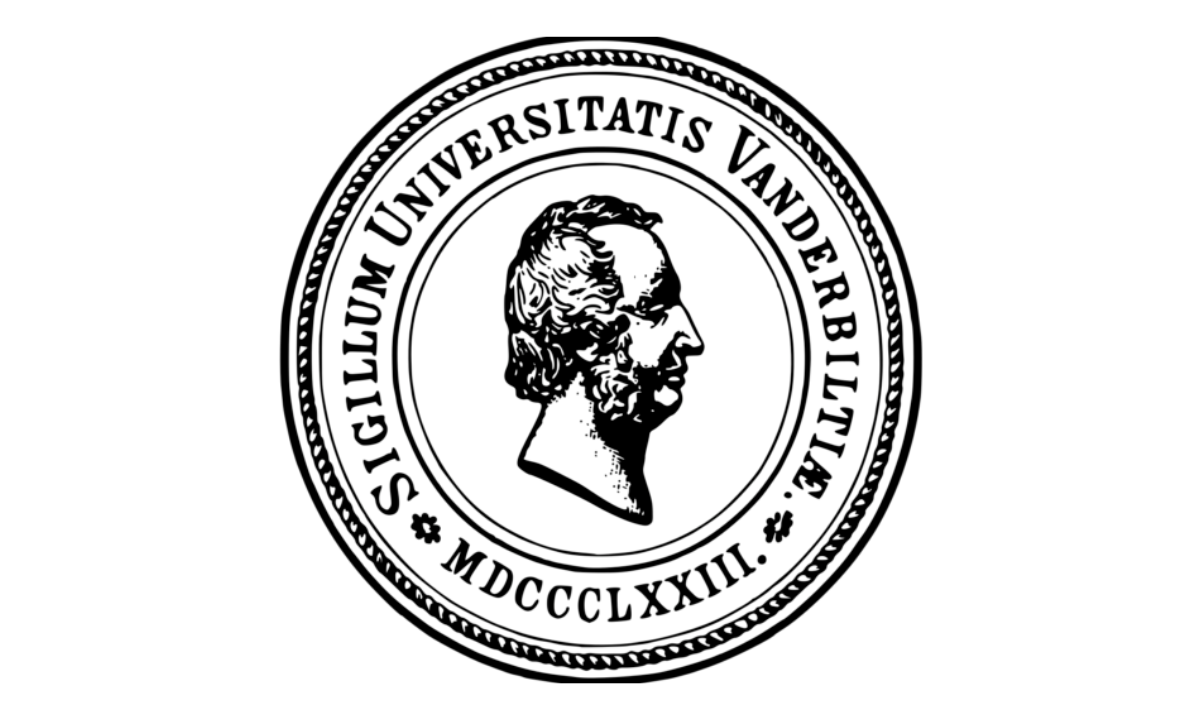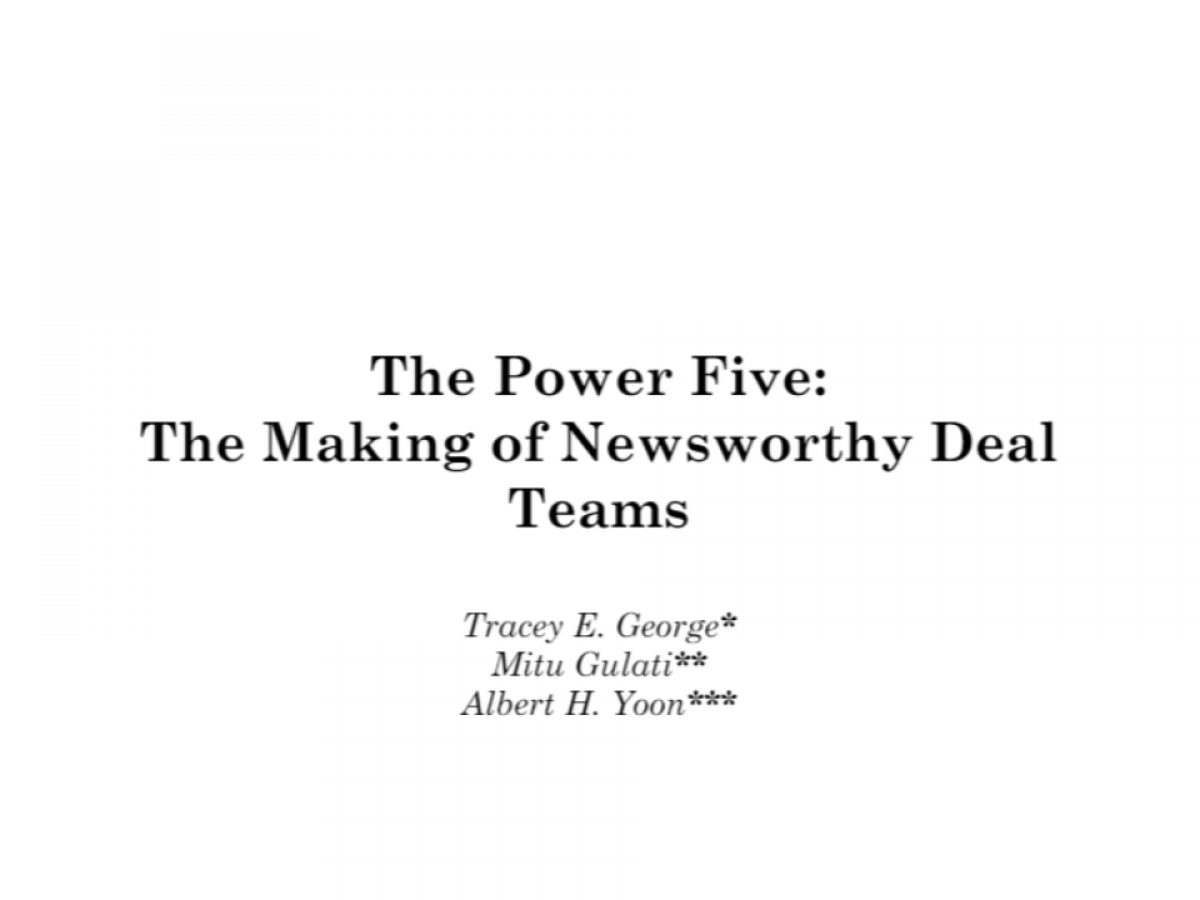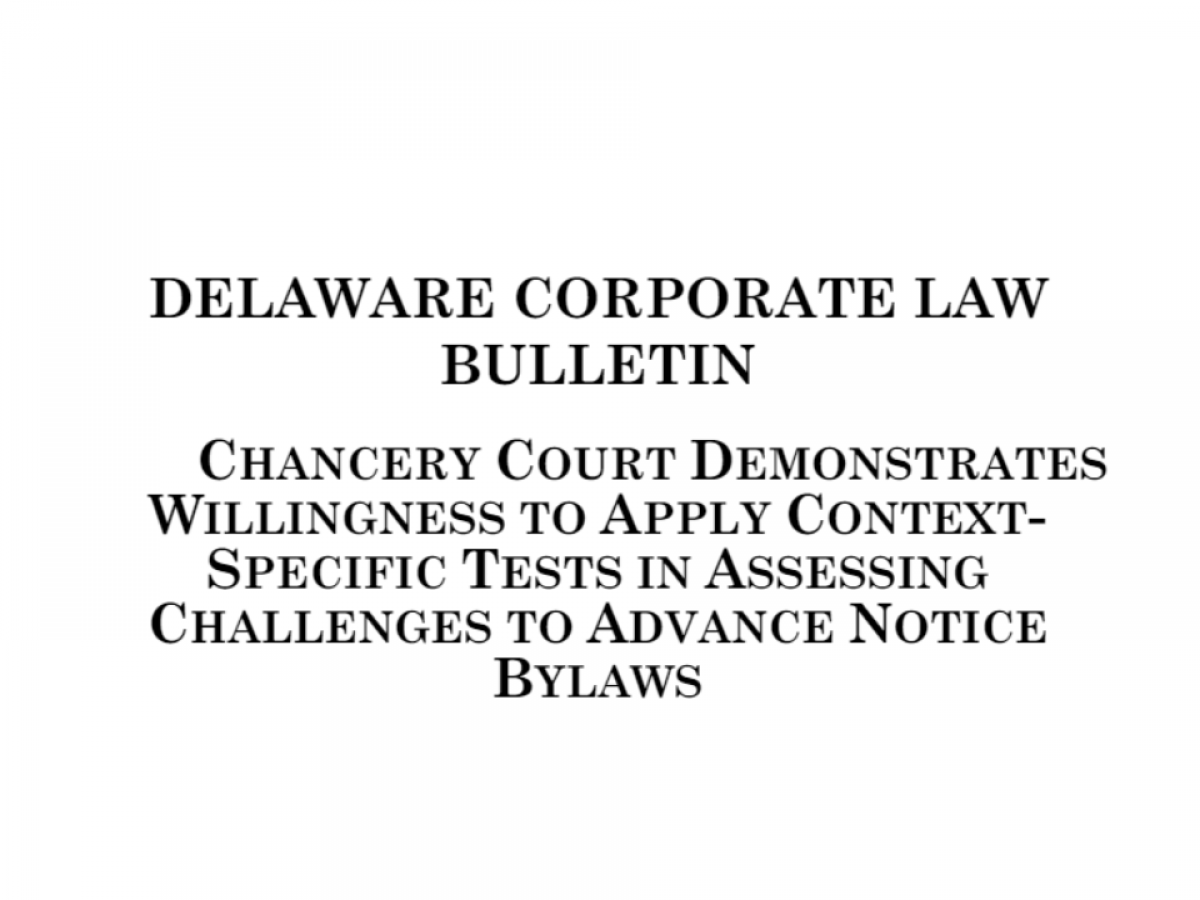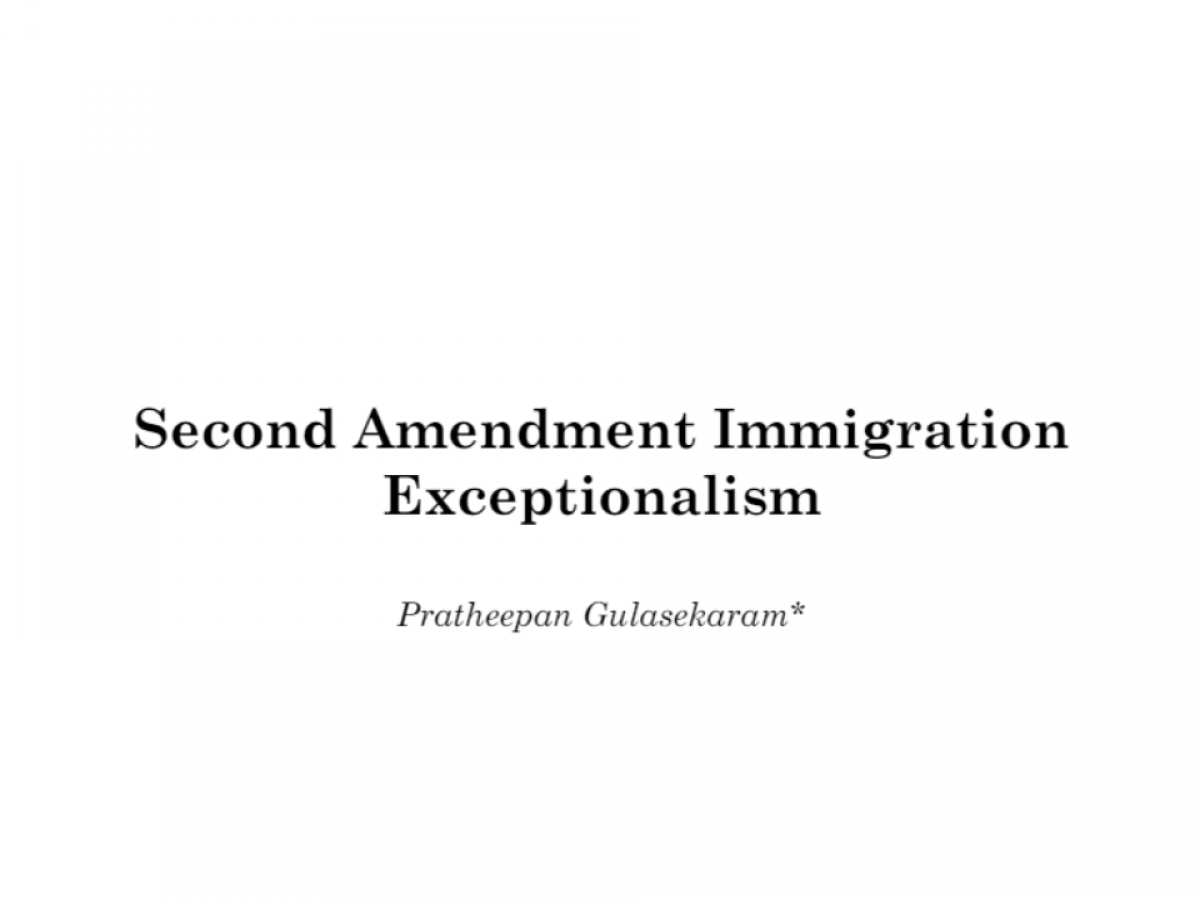Overview
The Vanderbilt Law Review publishes six times a year (January, March, April, May, October, and November). We have two selection cycles (spring and fall) per year. Vanderbilt Law Review also has an online companion journal called Vanderbilt Law Review En Banc.

Volume 77, Issue 6 | November 2024 | Kevin M. Stack | Article
The Internal Law of Democracy
The conventional focus of election law is the constitutional, statutory, and judicial constraints on election officials. But the operation of elections also depends on the law that election officials themselves create. This “internal law of democracy”—produced by state and local election officials and addressed to election personnel and workers—provides on-the-ground guidance on registration, voting, and vote counting; specifies internal processes and protocols; and interprets and translates the meaning of constitutional and statutory law for use within the election bureaucracy.
Charles W. Tyler | Article
Genealogy in Constitutional Law
Genealogy is a form of argument that seeks to discredit social phenomena by exposing their pernicious ancestry. In recent years, the U.S. Supreme Court has used genealogy to undermine key provisions of written law, doctrinal rules, longstanding practices, and private conduct in cases involving a wide range of constitutional issues.
Andrew T. Levin and Christina Parajon Skinner | Article
Central Bank Undersight: Assessing the Fed’s Accountability to Congress
As America’s central bank, the Federal Reserve (“Fed”) is unique among independent agencies in exercising powers that the U.S. Constitution granted to the legislative branch—namely, regulating the value of money and borrowing funds directly from the public. In delegating these powers, Congress designed the Fed to ensure that its monetary policy decisions would be insulated from political interference.
Andrew Keane Woods | Article
The New Social Contracts
Contracts rule our digital world. Platform terms of service determine speech rights, privacy rights, and much more. This is no accident—from the very beginning, the U.S. model of internet governance was explicitly built around private ordering. In this context, it is worth asking what contract law and contract scholarship have to say about the public harms of digital dealmaking.
Submissions
Submissions for our journal are currently closed.
The Vanderbilt Law Review will resume collecting submissions around early August 2024. The Vanderbilt Law Review publishes six times a year (January, March, April, May, October, and November). We have two selection cycles (spring and fall) per year. During a selection cycle, we accept submissions on a rolling basis. We do not accept submissions solely authored by law school students.
The Vanderbilt Law Review En Banc is the online companion journal to the Vanderbilt Law Review, designed to advance scholarly discussion and to make legal scholarship more accessible to a larger audience. En Banc accepts and publishes various forms of scholarship, including the following:
- Roundtables to host debates among legal academics and practitioners, usually on topical issues or notable cases pending before the U.S. Supreme Court;
- Responses to articles originally published either in the Vanderbilt Law Review or with Vanderbilt Law Review En Banc;
- Essays written by scholars, practitioners, judges, or students on contemporary legal issues;
- Notes and Comments written by Vanderbilt Law Review members on various legal issues; and
- Book Reviews written by professors, with a focus on reviewing books authored by a Vanderbilt Law School faculty member.
- We also encourage submissions of writings that do not fit into the above categories, so long as they include a strong legal hook.
En Banc publishes on a more flexible schedule than the print version, and so may review and accept submissions at any time, though publication typically occurs during the academic year.

Inquiries and Information
Ashley Gray
Vanderbilt Law Review
Vanderbilt University Law School
131 21st Av. S. Nashville, TN 37203
(615) 322-2284


